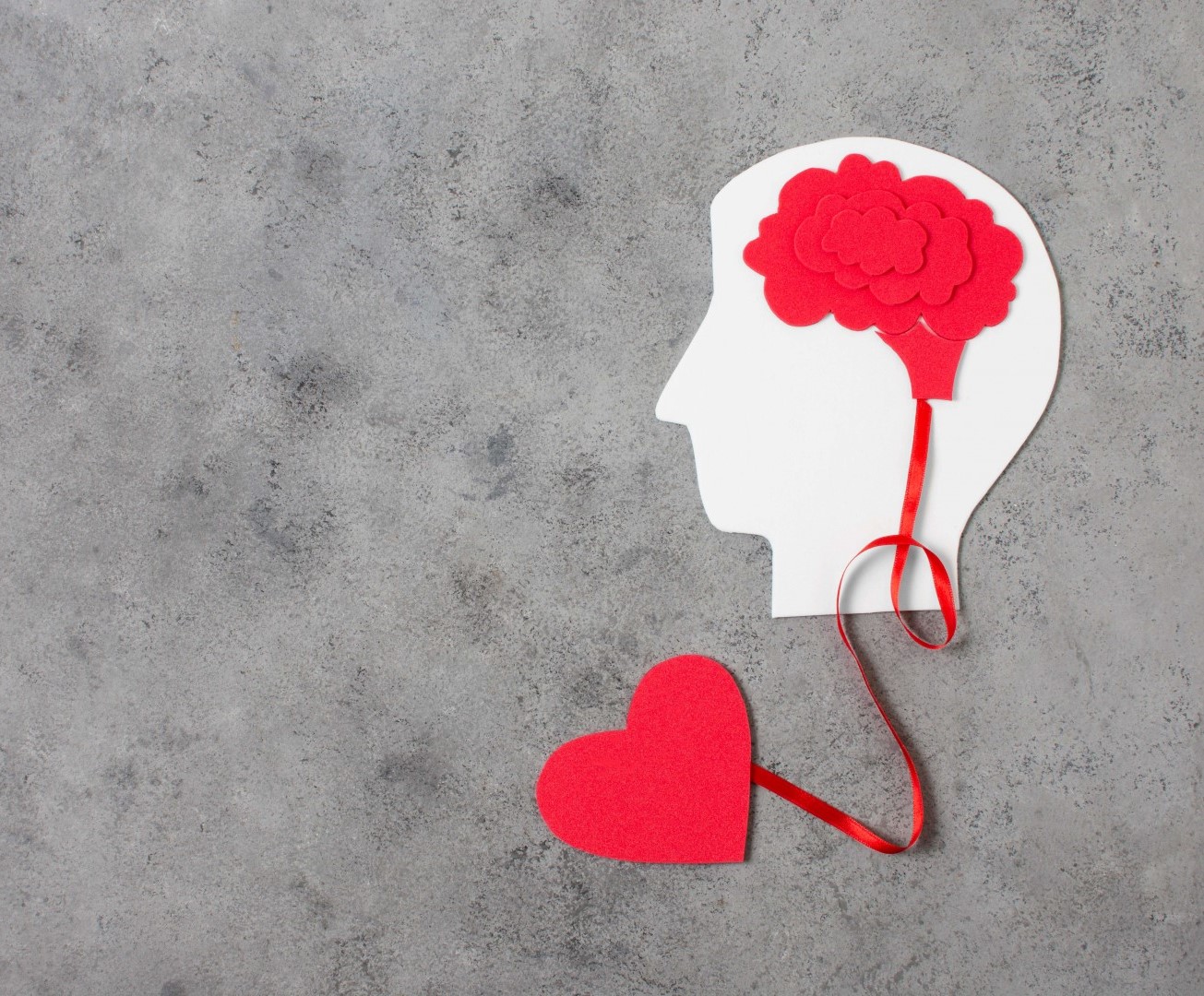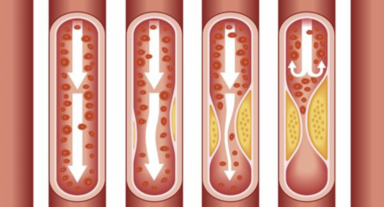The Heart-Mind Connection:
The Power of Mental Health on Cardiovascular Wellness
As specialists in cardiovascular health, World Mental Health Day provides us with a vital platform to understand the strong link between the mind and heart, an integral part of a person’s holistic well-being.
Hear from our cardiologist director, A/prof. Robert Gooley on how fundamental mental health concepts such as stress, depression, and anxiety can impact your heart and ultimately lead towards a path from a healthier mind to a healthier heart.
Our esteemed Cardiology Director, A/prof. Robert Gooley, has generously shared his wealth of knowledge from his numerous years of experience in the field. He mentioned that he has observed numerous patients facing cardiovascular challenges. One intriguing insight he offered was that maintaining a healthy heart isn’t solely dependent on diet, exercise, and genetics. Surprisingly, our mental well-being also plays a significant role.
Today, we’re going to explore the heart-mind connection, delving into how our mental health can impact our cardiovascular well-being in ways that might surprise you. Buckle up, because this is a journey you won’t want to miss.
Stress: The Silent Saboteur
We all experience stress from time to time; it’s a normal part of life. But when stress becomes chronic and overwhelming, it can wreak havoc on your cardiovascular system. The thing is, we might not even be aware of it. Think of stress as a silent saboteur that disrupts your heart’s equilibrium.
Under stress, your body releases hormones like cortisol and adrenaline, which leads to elevation in your blood pressure and heart rate. Over time, this can lead to hypertension (high blood pressure), a significant risk factor for heart disease. Additionally, stress can lead to unhealthy coping mechanisms like smoking, overeating, or excessive alcohol consumption—each of which can be further detrimental to your heart.
Depression: More Than Just a Mental Struggle
Depression is a complex mental health condition that affects more than just your mood—it can have profound implications for your heart health too. People with depression often have higher levels of inflammation in their bodies, which can contribute to atherosclerosis (the buildup of plaque in the arteries) and ultimately increases the risk of heart attacks and strokes.
Moreover, depression can diminish the motivation to engage in healthy behaviors like exercise or proper nutrition, which are essential for cardiovascular health. The combination of these factors can create a potential storm for heart problems.
Anxiety: The Fast-Track to Heart Palpitations
Ever felt your heart race or experienced palpitations during moments of anxiety? That’s because anxiety can send your heart into overdrive. This fight-or-flight response is evolution’s design for emergencies, but when it becomes chronic, it can lead to arrhythmias (irregular heart rhythms) and, in severe cases, even cardiac events.
Anxiety can also disrupt sleep, undermining your heart’s well-being. Sleep is vital for your body to repair and rejuvenate itself, and not getting enough can increase your risk of heart disease.
The Power of Positive Mental Health
Now that we’ve explored the negative impact of mental health on the heart, let’s turn our attention to the positive side.
A healthy mind can lead to a healthy heart.
Practicing stress management techniques like meditation, yoga, or deep breathing exercises can help lower stress levels and fortify cardiovascular health. Regular exercise, a balanced diet, and ample sleep can also contribute to improved mental and heart health.
Furthermore, seeking support for mental health conditions like depression and anxiety is crucial. Therapy, medication, or a combination of both can make a world of difference in your overall well-being.
In the world of medicine, we often view the heart and mind as separate entities, but they are deeply intertwined. Recognizing and addressing this connection is vital. Your mental health has a profound impact on your cardiovascular health, and it’s time we recognise and address this connection.
Let’s prioritise mental health alongside physical health in our pursuit of a healthier heart. By managing stress, tending to mental well-being, and fostering a positive mindset, we can not only improve our emotional well-being but also safeguard our hearts from the lurking threats of cardiovascular disease.
To get started on prioritising mental health through meditation and mindfulness journey with confidence, explore our simple guide on “Mindfulness for a Healthy Heart“.
CATEGORIES: Heart Condition Management






